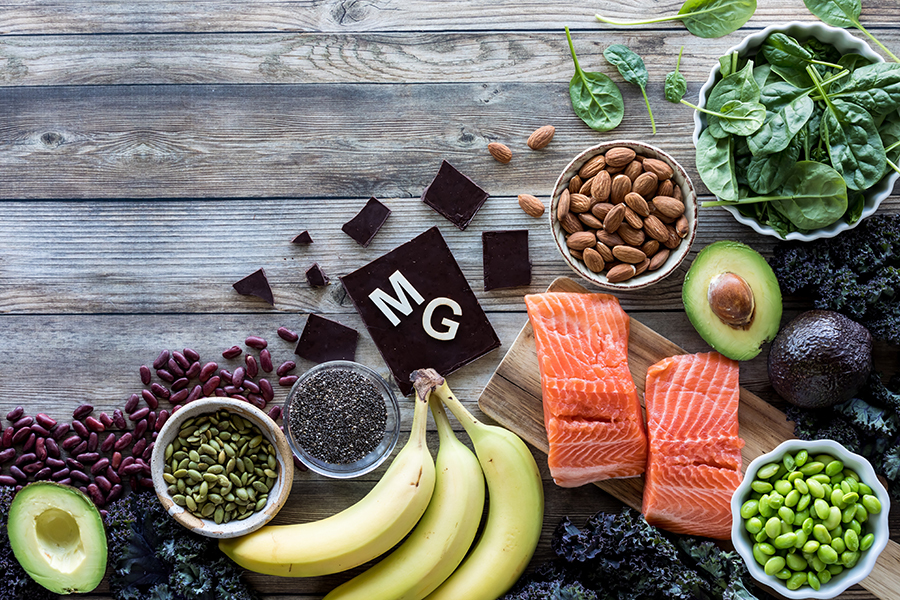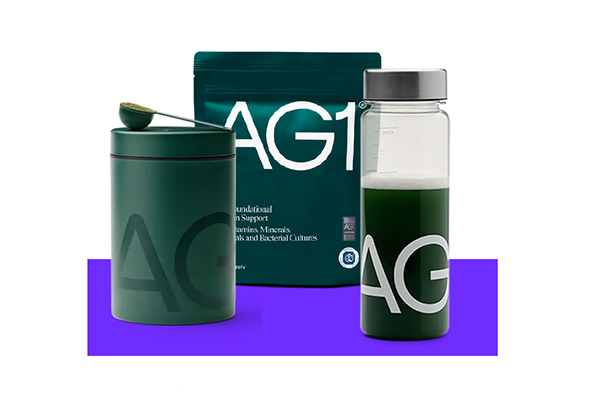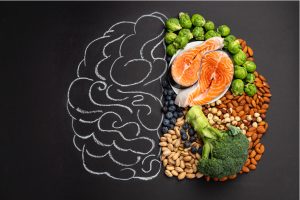Why magnesium could be the missing link in your wellness routine

We’ve been told since childhood that eating a balanced diet is vital for good health and wellbeing, but sometimes it can be beneficial to give our bodies a little supplemental help – and magnesium is getting more attention.
Different vitamins and minerals often come in and out of the public eye, but this vital mineral plays an important role in how humans turn food into energy. As well as aiding our digestion, did you know it also supports our bodies in these vital ways?
Strengthening teeth and bones
The fourth-most abundant mineral in our body is mainly found in our muscles, bones and teeth, which it helps to strengthen. Magnesium helps to ensure the parathyroid glands are working normally to produce the correct hormones for bone health.
While calcium often gets the credit for bone strength, research has shown that taking calcium without magnesium can result in soft dental enamel, which is less able to resist the acids that lead to tooth decay.
Supporting our nervous system
Studies on magnesium’s wider uses have shown it is an essential part of nerve transmission and coordinating messages from the brain to the muscles.
Writing in Nutrients journal, called it a ‘mineral of intense interest for the potential prevention and treatment of neurological disorders’ and previous research is being reviewed to see how it may have an impact on anxiety and other neurological conditions.
Unlocking vitamin D
Magnesium also supports our absorption of vitamin D and many B vitamins, with researchers finding it helps activate vitamin D, move it around the body and even ‘deactivate’ it when levels are too high.
Our largest source of vitamin D is sunlight, which means that in the UK, we can usually get enough of it as long as we spend enough time outside with the sun on our skin. From October to March, however, the shorter daylight hours in this country can mean our bodies do not get enough exposure to sunlight to produce sufficient amounts. Topping up with vitamin D-rich foods (oily fish, red meat and egg yolks, for example) or a supplement can help overcome this issue.
Maintaining blood pressure
Magnesium, calcium and potassium all work together to help maintain a healthy blood pressure, so it is important to keep the balance of each mineral within our bodies.
The NHS recommends that adult women (aged between 19 and 16) ingest 270mg of magnesium a day and adult men have 300mg a day. Taking higher doses than this can lead to digestive upsets such as diarrhoea.
Nuts, legumes, avocados, spinach, tofu and fatty fish are good sources of the mineral, as are bananas (more famed for their potassium levels). However, taking a well-rounded nutritional supplement that includes magnesium can also help us to reach ideal levels. It is advisable to consult your doctor first.
Five signs of low magnesium
Have you been feeling weak or nauseous recently? These are both warning signs that you might have a deficiency of magnesium. In general the symptoms are quite nonspecific, and can include:
- A lack of appetite
- Fatigue
- Irregular heartbeat (known as cardiac arrhythmia)
- Cramps
- Muscle twitches.
Want to boost your magnesium level?

The newly launched AG1 Upgrade contains more than 70 ingredients to support our physical health and mental performance, with five strains of gut bacteria in the new formulation to enrich our microbiome. In fact, AG1 has been clinically shown to increase the ‘good’ bacteria typically found in a healthy gut by 10 times the usual level, in tests involving 105 participants.
AG1’s team says, “We’ve increased our magnesium, an essential mineral that acts as a cofactor in over 600 enzymatic processes in the body. In AG1, we use magnesium bisglycinate, a form known for its high bioavailability.”
Certified testing
The company has commissioned four human clinical trials to extensively test its updated product to sports standards and AG1 is certified by the Cologne List® and Informed Choice – independent supplement testing programmes that regularly test for around 250 banned substances.
One clinical trial found that the key nutrients in AG1, such as vitamin C, biotin, niacin, vitamin B6, riboflavin, thiamine, zinc and folate, were quickly absorbed into the body, which maximises their potential benefits.
Each batch of AG1 has International Organisation for Standardisation (ISO)-certified laboratory tests and its own Certificate of Analysis. This outlines third-party, ISO-certified testing results – for AG1, the specifications set in this certificate go above statutory requirements and industry standards.
Ready to upgrade your daily routine?
Explore the new AG1 formula and get started with a welcome kit or 10 travel packs for the price of five!











